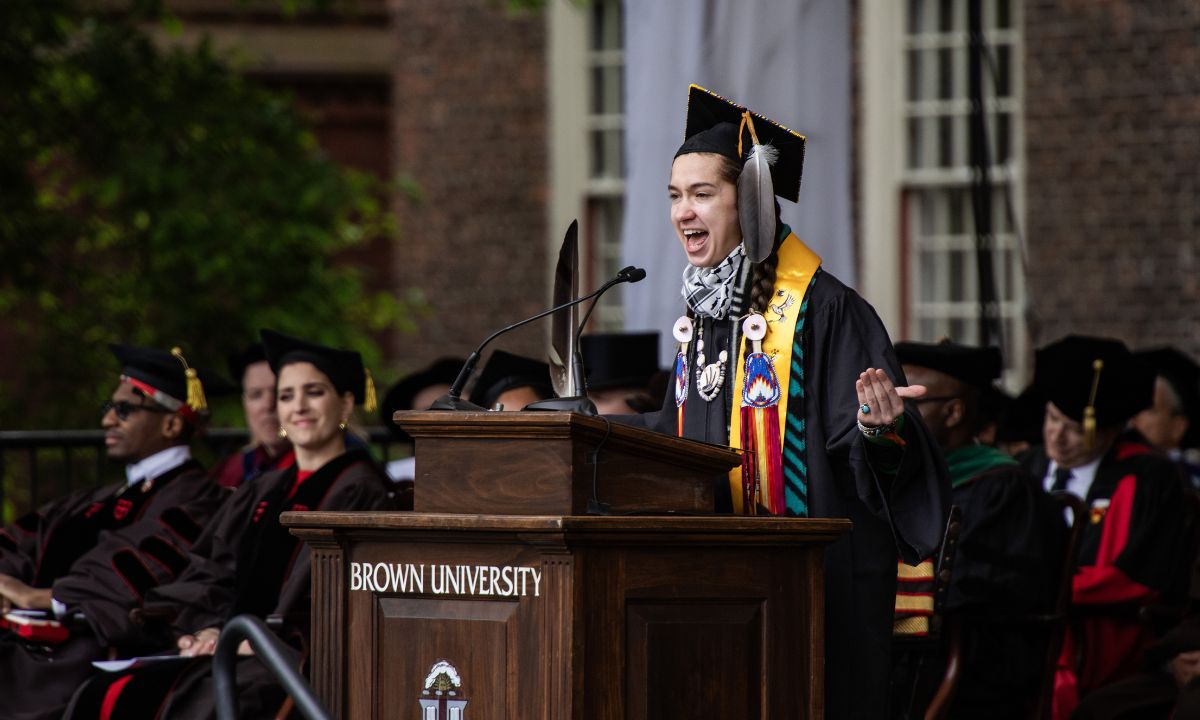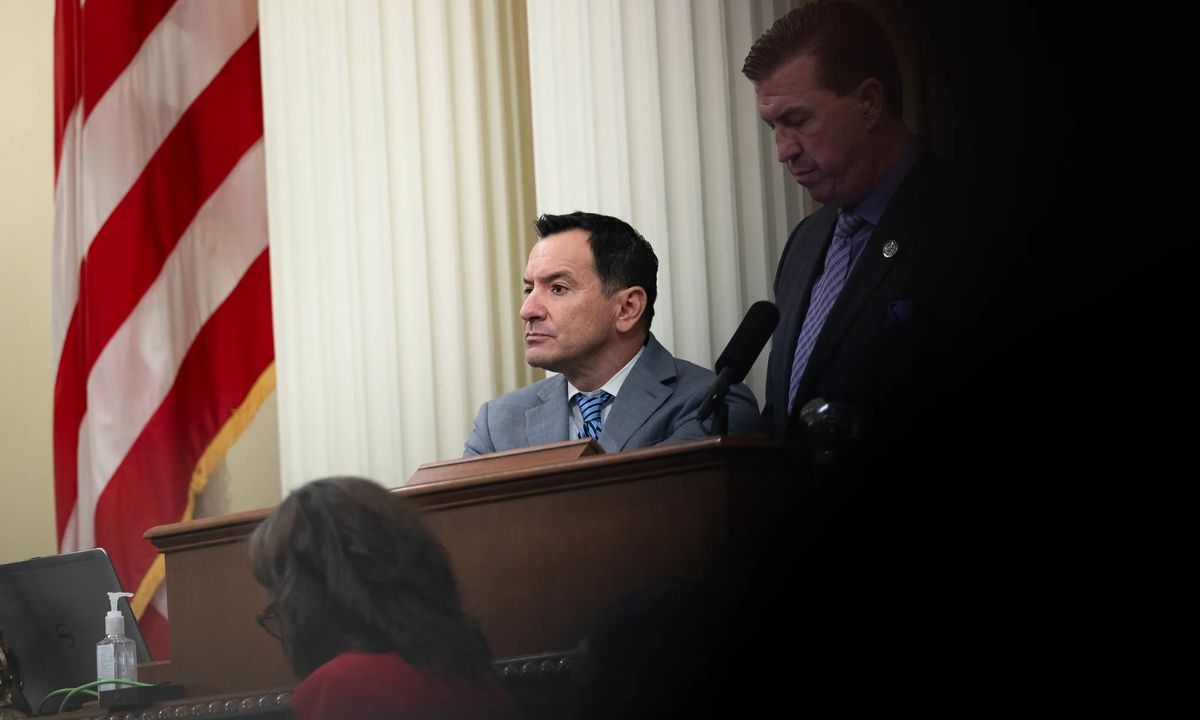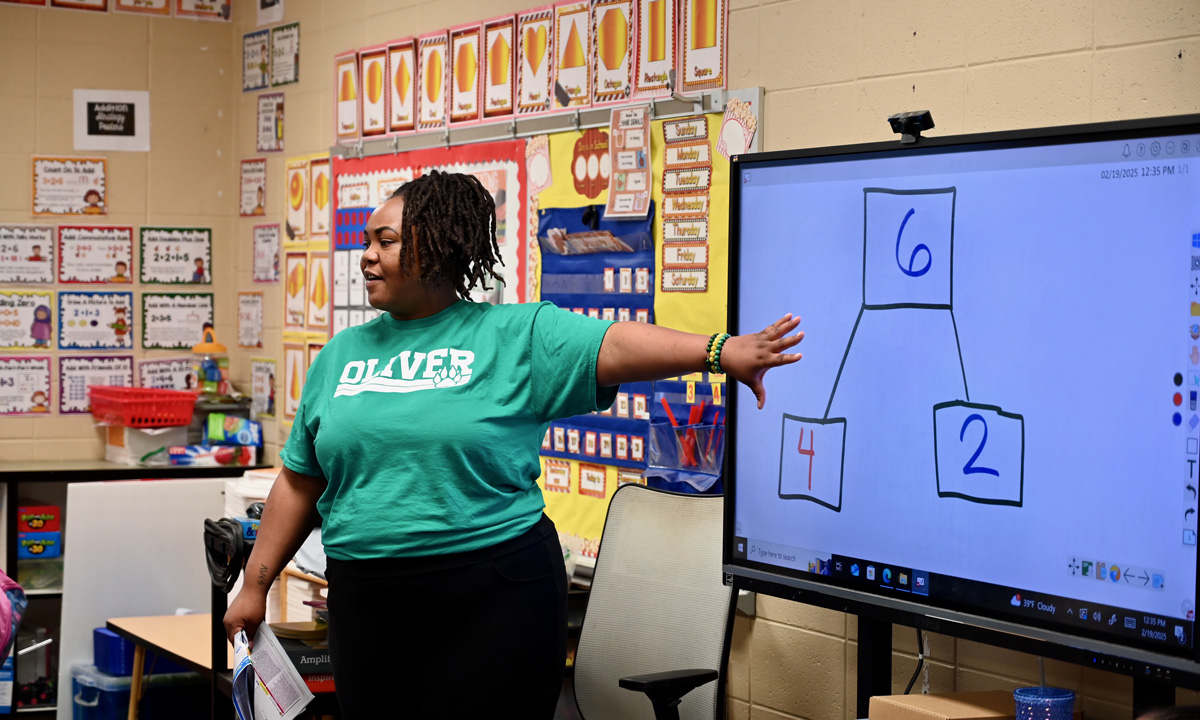Students who speak a language other than English at home are becoming more and more common in Rhode Island classrooms. Instead of viewing this as a deficit, the state views it as an opportunity.
Rhode Island has strengthened its commitment over the last five years to guarantee that all children, including those who speak multiple languages, have access to demanding, top-notch educational resources and that teachers are properly trained to use them. Students who just left multilingual-learner status are now outperforming their native English-speaking counterparts on statewide assessments, even if there are still general discrepancies in the state.
Currently making up over 15% of the state’s K–12 student body, multilingual learners constitute one of Rhode Island’s most dynamic and rapidly expanding communities. Between 2010 and 2020, Rhode Island actually experienced the most percentage growth of any state in the US. In several school districts, the number of bilingual children enrolled has increased from 100% to 400% in the past ten years. Currently, about 40% of all students in Providence, the largest city in the state, are multilingual.
In 2021, the Rhode Island Department of Education partnered with the nonprofit English Learners Success Forum to make sure that these youths received high-quality, inclusive instruction with materials that supported English language development, reflected their varied cultural and linguistic experiences, and connected to what all students in the state’s classrooms were learning. In order to better address the needs of these students in core curriculum, school design, and programming, a cohort was formed to assist district leadership teams in implementing the state’s Multilingual Learner Success blueprint.
Several excellent curricula are currently available for districts to select from, but they cannot be granted that distinction unless they were created with multilingual learners in mind from the beginning. Before evaluating and choosing curriculum, the department advises district administrators to determine their instructional vision and take into account the needs and demographics of their students. To guarantee that instructors are equipped to use the new resources effectively, districts must also schedule both initial and continuing professional development.
By itself, a strong curriculum can promote student development, but with the right professional development and deft application, its effects can be amplified. For this reason, the department’s collaboration with the forum went beyond curriculum materials and gave priority to those who would be utilizing them.
Upon finishing their professional development workshops, instructors have a clear idea of what rigorous education entails. The question that challenges principals and other school administrators is: How can we be certain that this curriculum is effective for our multilingual students? Teachers are trained to go beyond just simple assistance and employ strategies that help all students master difficult subject. This entails giving students frequent chances to talk about subjects and setting specific objectives for their language acquisition.
Young people rise to the challenge and frequently surpass expectations when teachers know how to give the proper assistance and comprehend how pupils develop language skills in various areas.
This effort is based on Rhode Island’s dedication to providing high-quality education and materials while adhering to the department’s blueprint and strategy plan for the achievement of multilingual students. Together, they establish uniform standards for instruction and make investments in continuous professional growth to help every student succeed academically. In order to better comply with federal mandates, industry best practices, and the state’s dedication to delivering high-quality education, the state is also enacting new rules for multilingual students.
The outcomes are really promising. According to Harvard’s Education Recovery Scorecard, between 2019 and 2024, Rhode Island placed 13th in reading and 14th in math recovery nationwide.Rhode Island leads all New England states in academic recovery, according to this year’s report.
This progress is not limited to metropolitan centers; rural and suburban towns that have traditionally had limited contact to non-English-speaking people are also showing an increasing dedication to these children.
Two easy yet crucial actions must be taken by other states in order to achieve comparable results: adopting demanding educational resources that cater to the requirements of every student and offering principals, teachers, and other school administrators regular, excellent professional development.
No curriculum is flawless. However, even excellent materials can be improved with the correct strategy. The secret is to start with a solid foundation, provide teachers with the resources they need to successfully teach their new curriculum, and then provide professional development long after they have begun using the new resources.According to surveys, a large number of teachers have not gotten the training necessary to successfully apply new materials. That must be altered. Teachers should be encouraged to continue honing their teaching skills by having access to ongoing professional learning throughout the ordinary workday.
The advancements made in Rhode Island demonstrate what can be achieved when state leadership, district teams, and national partners collaborate toward a common objective: establishing a system in which multilingualism is viewed as a strength rather than a disadvantage and where each classroom represents the diverse range of all students.











